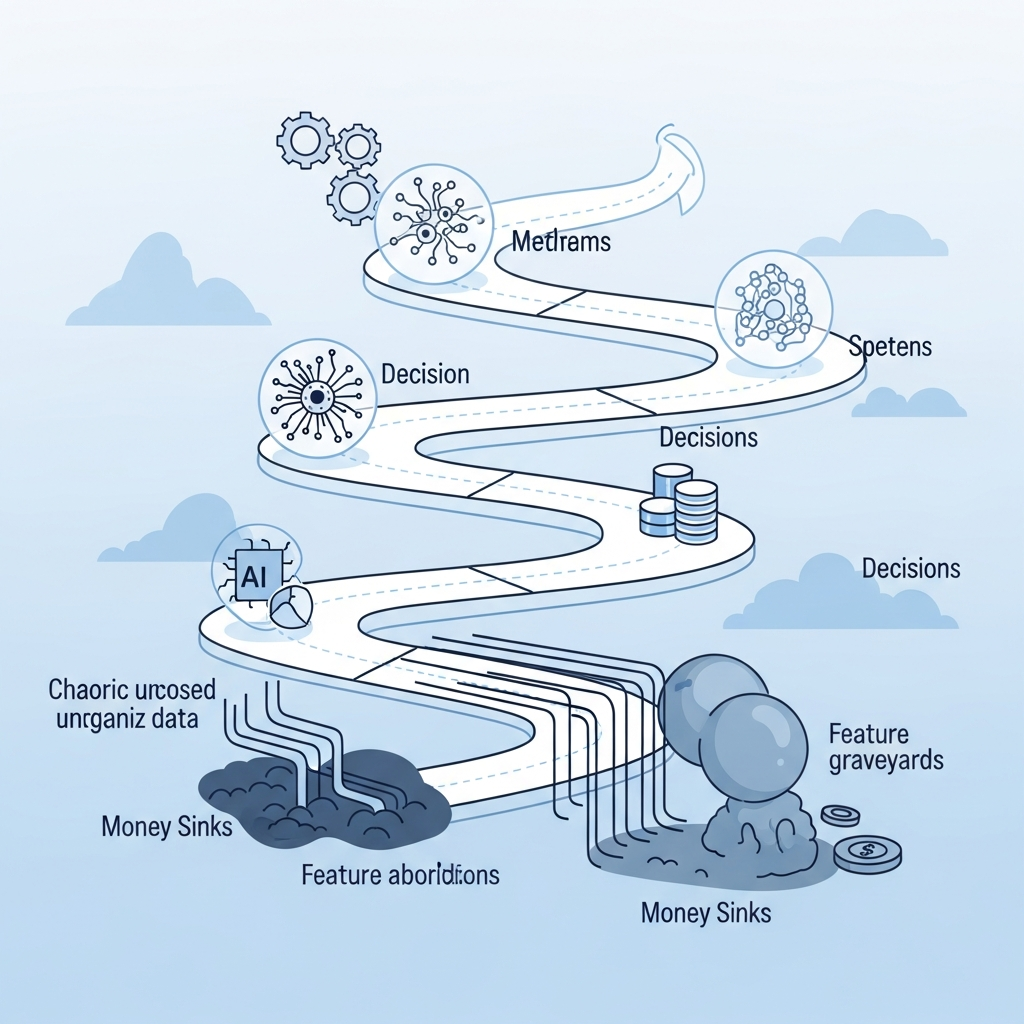Beyond Automation: The Rise of Enterprise AI Agents
In today’s fast-paced business landscape, the pursuit of efficiency is relentless. While traditional automation has brought significant gains, a new generation of technology is emerging to truly redefine what’s possible: Enterprise AI Agents. These intelligent entities are not just following rules; they’re rethinking enterprise automation, allowing businesses to modernize operations, increase efficiency, and lower the strain of recurring, complex tasks.
Imagine a workforce where mundane, repetitive, and even some decision-based tasks are handled autonomously, allowing your human talent to focus on innovation, strategic thinking, and creative problem-solving. This isn’t science fiction; it’s the promise of enterprise AI agents.
What Exactly Are Enterprise AI Agents?
Unlike simple bots or Robotic Process Automation (RPA) tools that follow predefined scripts, Enterprise AI Agents are powered by advanced artificial intelligence, including large language models (LLMs), machine learning, and sophisticated decision-making algorithms. They are designed to:
- Understand Context: They can interpret natural language, analyze data from various sources, and grasp the nuances of business processes.
- Learn and Adapt: Over time, they improve their performance by learning from new data and interactions, making them increasingly effective.
- Make Decisions: Based on their understanding and learning, they can make autonomous decisions, often flagging exceptions for human oversight.
- Perform Complex Tasks: They can execute multi-step processes, interact with multiple systems, and even communicate with users or other agents.
Think of them as digital co-workers capable of understanding goals, retrieving information, executing actions, and continuously learning.
How Enterprise AI Agents Drive Unprecedented Business Efficiency
The impact of deploying these intelligent agents across an enterprise is profound, leading to a host of tangible benefits:
1. Enhanced Operational Efficiency and Speed
AI agents can process information and execute tasks far faster and more accurately than humans. This translates to quicker turnaround times for critical processes, reduced bottlenecks, and a smoother flow of operations. From data entry to report generation, tasks are completed in a fraction of the time, leading to significant productivity boosts.
2. Significant Cost Reduction
By automating high-volume, repetitive tasks, businesses can reduce operational costs associated with manual labor. AI agents work 24/7 without breaks, significantly cutting down on overtime and staffing needs for routine operations, freeing up resources that can be reallocated to strategic initiatives.
3. Improved Accuracy and Reduced Errors
Human error is inevitable. AI agents, once properly trained and implemented, perform tasks with consistent accuracy. This minimizes mistakes in data processing, financial calculations, and customer interactions, leading to higher quality outputs and reduced rework.
4. Unleashing Human Potential
Perhaps the most significant benefit is empowering the human workforce. By offloading monotonous and time-consuming tasks to AI agents, employees are freed to engage in more creative, analytical, and strategic work. This not only boosts job satisfaction but also fosters innovation and allows the company to leverage its human capital more effectively.
5. Scalability and Flexibility
As business needs evolve, AI agents can be scaled up or down rapidly to meet changing demands without the complexities of hiring and training new staff. This agility allows businesses to respond quickly to market shifts, handle peak loads, and expand operations seamlessly.
6. Data-Driven Insights and Better Decision Making
Many AI agents are adept at analyzing vast amounts of data. They can identify patterns, anomalies, and insights that might be missed by human analysis, providing valuable intelligence that supports more informed and strategic business decisions.
Real-World Applications: Where AI Agents Shine
Enterprise AI agents are already transforming various sectors:
- Customer Service: Intelligent chatbots and virtual assistants handle inquiries, provide support, and resolve issues, often escalating to human agents only for complex cases.
- Finance & Accounting: Automating invoice processing, fraud detection, reconciliation, and expense management.
- Human Resources: Streamlining onboarding, answering HR policy questions, managing employee requests, and screening resumes.
- IT Operations: Monitoring systems, predicting outages, automating incident resolution, and managing network configurations.
- Supply Chain Management: Optimizing inventory levels, predicting demand, managing logistics, and identifying potential disruptions.
Navigating the Path to AI Agent Integration
While the benefits are clear, successful integration requires thoughtful planning:
- Define Clear Objectives: Start with specific pain points or processes where AI agents can deliver measurable value.
- Data Quality is Key: AI agents thrive on high-quality, relevant data. Ensure your data infrastructure is robust.
- Ethical Considerations: Implement agents responsibly, ensuring transparency, fairness, and accountability.
- Change Management: Prepare your workforce for the transition, emphasizing how AI agents augment, rather than replace, human roles.
The Future is Agent-Driven
Enterprise AI agents are more than just a technological trend; they represent a fundamental shift in how businesses operate. By embracing these intelligent tools, organizations can move beyond mere automation, achieving unparalleled levels of efficiency, fostering innovation, and positioning themselves for sustainable growth in the digital age. The journey to an agent-driven enterprise is an exciting one, promising a future where businesses are smarter, faster, and more adaptable than ever before.






